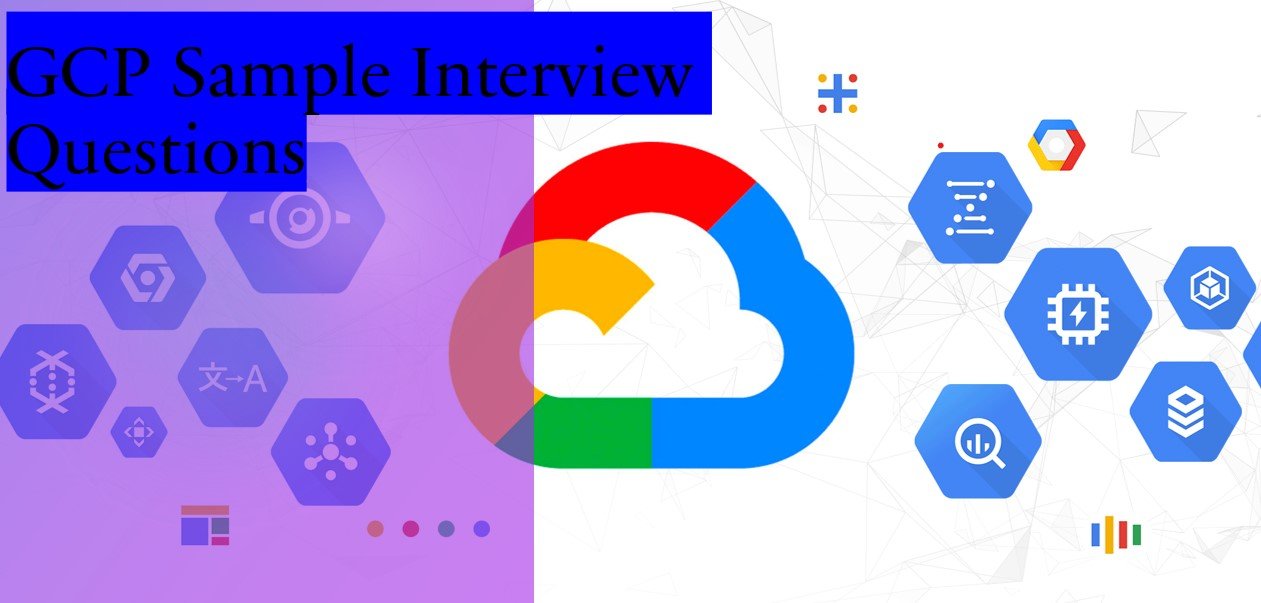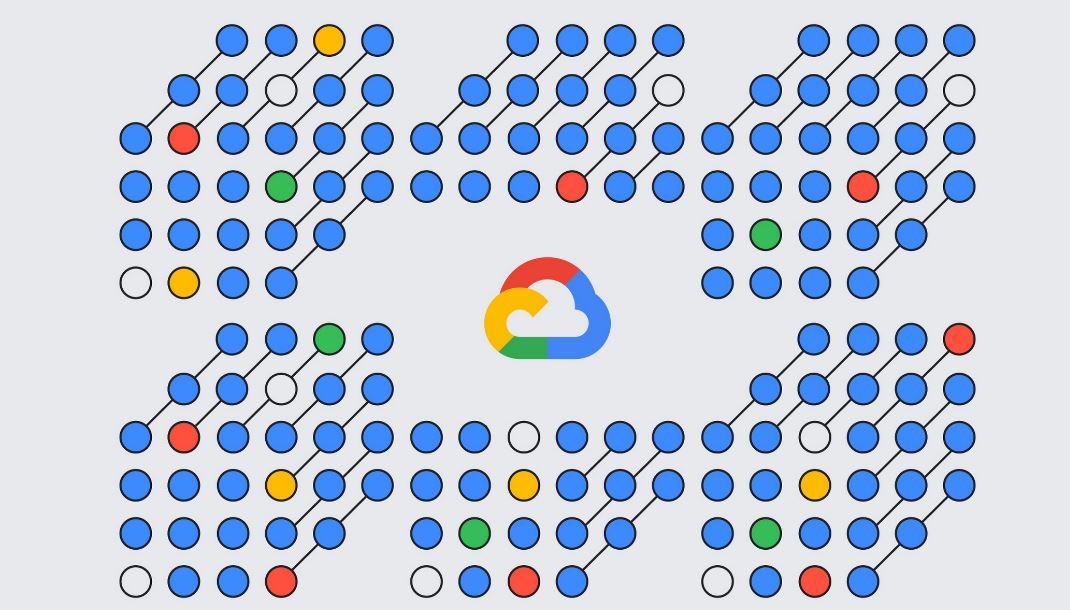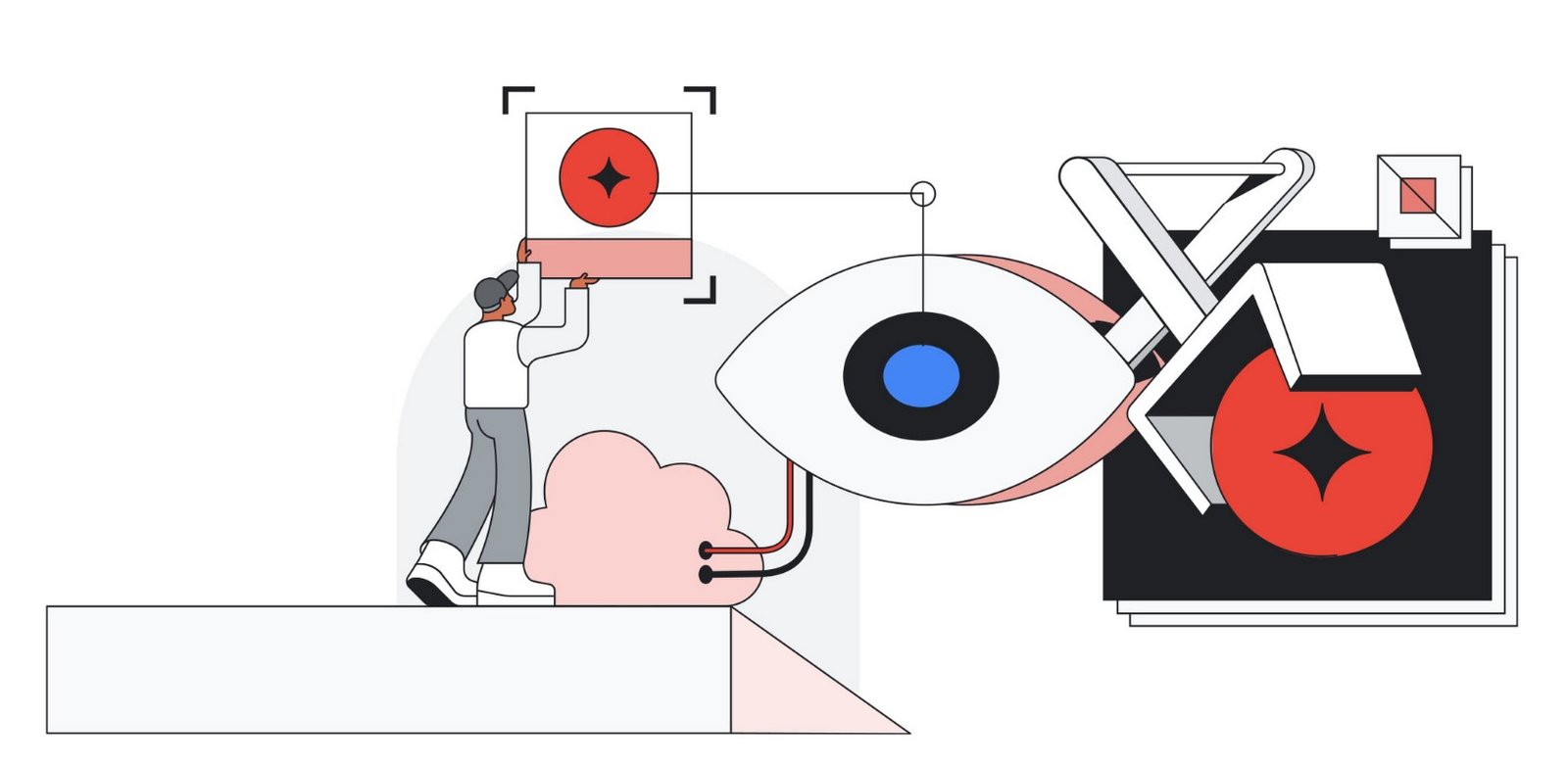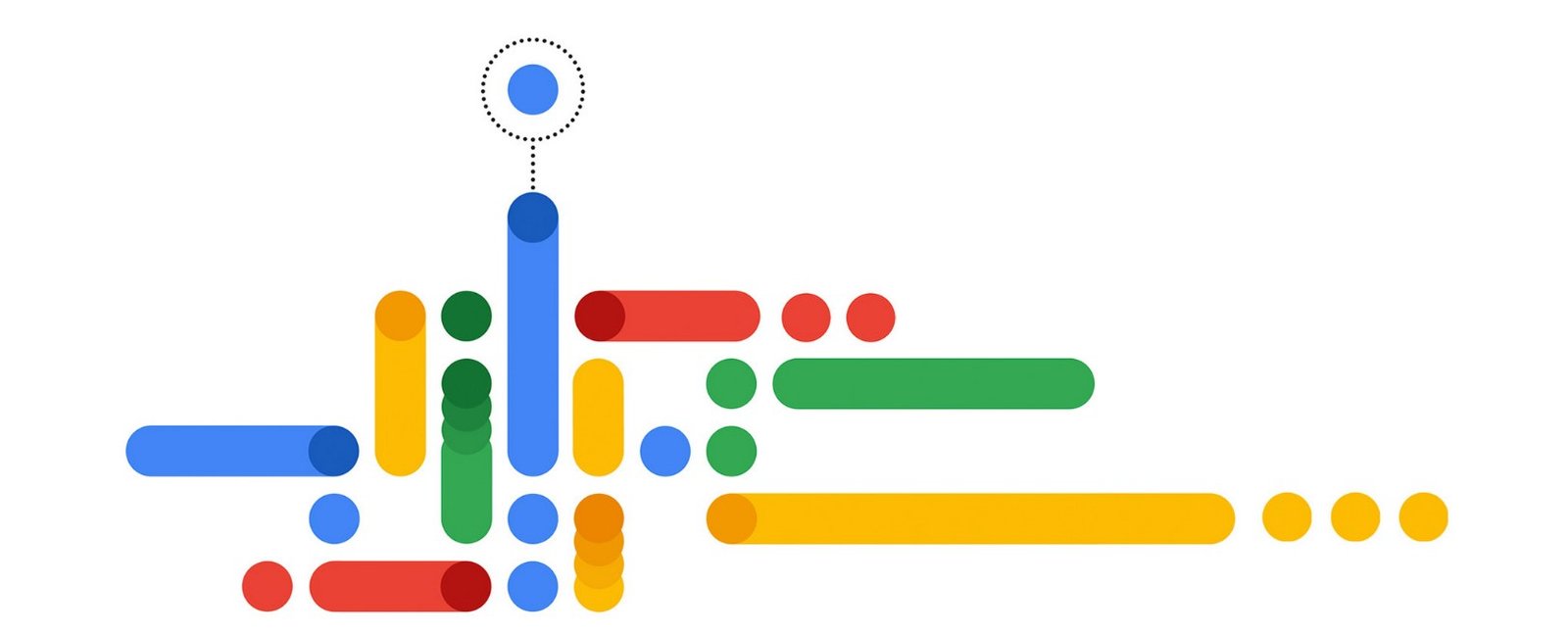
Here are few interview questions and answers on Google Cloud Platform (GCP) with explanations:
- What is Google Cloud Platform (GCP)?
A: GCP is a suite of cloud computing services offered by Google that provide various infrastructure, platform, and software services to help organizations build, deploy, and scale applications, websites, and services on the same infrastructure that Google uses for its own products. - What are the key components of GCP?
A: GCP consists of several components, including compute, storage, networking, databases, and machine learning services. Some of the key components include Compute Engine, Kubernetes Engine, Cloud Storage, Cloud SQL, Cloud Pub/Sub, and BigQuery. - What is the Google Cloud Console?
A: The Google Cloud Console is a web-based user interface that allows developers and administrators to manage their GCP resources, such as creating VM instances, setting up networking, and managing storage. - What is a Google Cloud project?
A: A Google Cloud project is a way to organize and manage resources, billing, and permissions within GCP. Each project has a unique ID and is the top-level container for all resources associated with a particular application or service. - What is Google Compute Engine (GCE)?
A: GCE is an Infrastructure-as-a-Service (IaaS) offering that provides scalable and customizable virtual machines (VMs) on Google’s infrastructure. Users can choose the size, CPU, memory, and disk type for each VM instance. - Explain Google Cloud Storage classes.
A: Google Cloud Storage offers four storage classes: Standard, Nearline, Coldline, and Archive. They differ in terms of cost, availability, and retrieval time. Standard is for frequently accessed data, Nearline for infrequently accessed data, Coldline for rarely accessed data, and Archive for long-term storage of data that can be accessed within hours. - What is Google Kubernetes Engine (GKE)?
A: GKE is a managed Kubernetes service that allows you to deploy, manage, and scale containerized applications using Kubernetes on GCP. GKE automates Kubernetes cluster management tasks, such as scaling, updates, and monitoring. - What is Google Cloud Pub/Sub?
A: Google Cloud Pub/Sub is a messaging service that enables you to send, receive, and process messages between independent applications or microservices using a publish-subscribe pattern. It provides at-least-once delivery of messages and supports both push and pull message delivery. - How does Google Cloud Load Balancing work?
A: Google Cloud Load Balancing is a service that distributes incoming traffic across multiple backend instances based on various algorithms, such as round-robin, least connections, or based on the geographic location of the user. It supports different types of load balancing like HTTP(S), SSL, TCP, and UDP. - What is Google Cloud Bigtable?
A: Google Cloud Bigtable is a highly scalable, fully managed NoSQL database service designed for large analytical and operational workloads. It is built on Google’s distributed storage system and supports high read/write throughput with low latency. - What are the differences between App Engine Standard Environment and App Engine Flexible Environment?
A: App Engine Standard Environment is a fully managed, serverless platform for building web applications and APIs. It automatically scales based on traffic and supports specific languages and runtimes. The Flexible Environment is a customizable platform that allows you to use custom runtimes and deploy containers. It provides more control over the infrastructure but requires more management. - What is Google Cloud Dataflow?
A: Google Cloud Dataflow is a fully managed, serverless data processing service for batch and streaming data pipelines. It allows you to build, deploy, and manage data processing pipelines using Apache Beam SDKs, handling resource allocation, auto-scaling, and monitoring. - What is Google Cloud Functions?
A: Google Cloud Functions is a serverless, event-driven compute service that allows you to run small, single-purpose functions in response to events, such as HTTP requests, Cloud Storage changes, or Pub/Sub messages, without needing to manage the underlying infrastructure. - What is VPC Network Peering in GCP?
A: VPC Network Peering allows you to connect two VPC networks in GCP, enabling traffic to flow directly between them using internal IP addresses, without the need for VPNs or public IPs. This provides low-latency, high-bandwidth communication between resources in different VPC networks. - What is Google Cloud Identity and Access Management (IAM)?
A: Google Cloud IAM is a service that allows you to define and manage permissions for your GCP resources. You can create custom roles and policies, assign them to users, groups, or service accounts, and control who can do what within your GCP environment. - What is a GCP service account?
A: A GCP service account is a special type of account used by applications and services running on GCP to interact with other GCP services. Service accounts are associated with a specific project and have an associated email address and private key for authentication. - What is Google Cloud Spanner?
A: Google Cloud Spanner is a fully managed, globally distributed relational database service that combines the scalability and performance of NoSQL databases with the transactional consistency and strong schema of traditional relational databases. It is designed for mission-critical applications and supports high availability and strong consistency. - What is the difference between GCE, GKE, and App Engine?
A: GCE (Google Compute Engine) is an IaaS offering that provides VMs for running applications, GKE (Google Kubernetes Engine) is a managed Kubernetes service for containerized applications, and App Engine is a PaaS offering for building and deploying web applications and APIs. GCE provides the most control over infrastructure, GKE provides orchestration and management for containers, and App Engine abstracts away infrastructure management. - How does GCP ensure data security and compliance?
A: GCP provides various security and compliance features, such as encryption at rest and in transit, IAM for access control, VPC for network isolation, and Cloud Security Command Center for monitoring and threat detection. GCP also undergoes regular audits and holds certifications for various compliance standards, including GDPR, HIPAA, and FedRAMP. - What is Google Cloud Armor?
A: Google Cloud Armor is a distributed denial of service (DDoS) and web application firewall (WAF) service that protects your applications running on GCP against various attacks, such as DDoS, SQL injection, and cross-site scripting. It integrates with Google Cloud Load Balancing and provides IP allowlist/blocklist, custom rules, and predefined rules for protection. - What is Google Cloud Data Loss Prevention (DLP)?
A: Google Cloud DLP is a service that helps you discover, classify, and protect sensitive data in your GCP environment. It can detect and redact sensitive information, such as personally identifiable information (PII), credit card numbers, and email addresses, from your data in storage or during processing. - What is the difference between Google Cloud Storage and Google Cloud Filestore?
A: Google Cloud Storage is an object storage service designed for storing and retrieving unstructured data like images, videos, and backups. It provides high durability, availability, and scalability, and supports various storage classes. Google Cloud Filestore is a managed file storage service that provides fully managed network-attached storage (NAS) for applications running on GCP. It supports the NFS protocol and is suitable for workloads that require a shared file system. - What is Google Cloud SQL?
A: Google Cloud SQL is a fully managed relational database service that provides managed instances of MySQL, PostgreSQL, and SQL Server. It automates backups, replication, and scaling, and ensures high availability and performance. - What is Google Cloud Datastore?
A: Google Cloud Datastore is a fully managed, highly scalable NoSQL database service for web and mobile applications. It provides automatic scaling, high availability, and global distribution, and supports ACID transactions and strong consistency. - What are Google Cloud Monitoring and Google Cloud Logging?
A: Google Cloud Monitoring and Google Cloud Logging are services that help you monitor, troubleshoot, and analyze the performance and logs of your GCP resources. Cloud Monitoring provides real-time performance metrics and alerts, while Cloud Logging collects, stores, and analyzes log data from your applications and infrastructure.





Leave a Reply